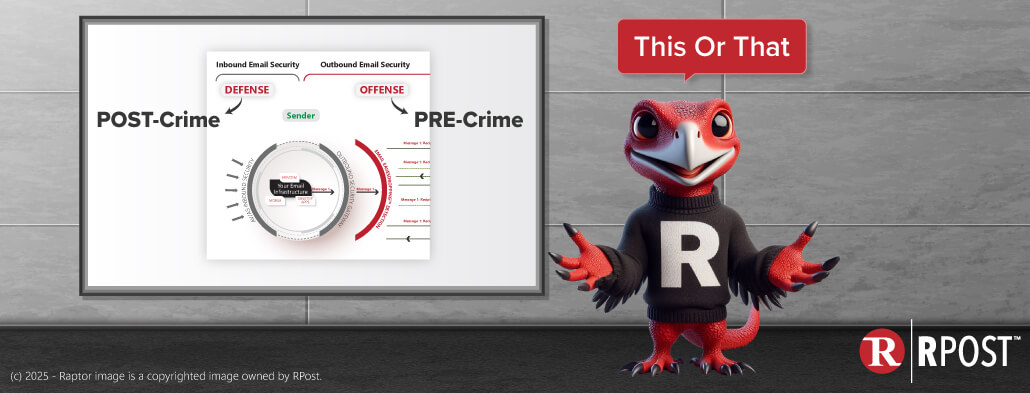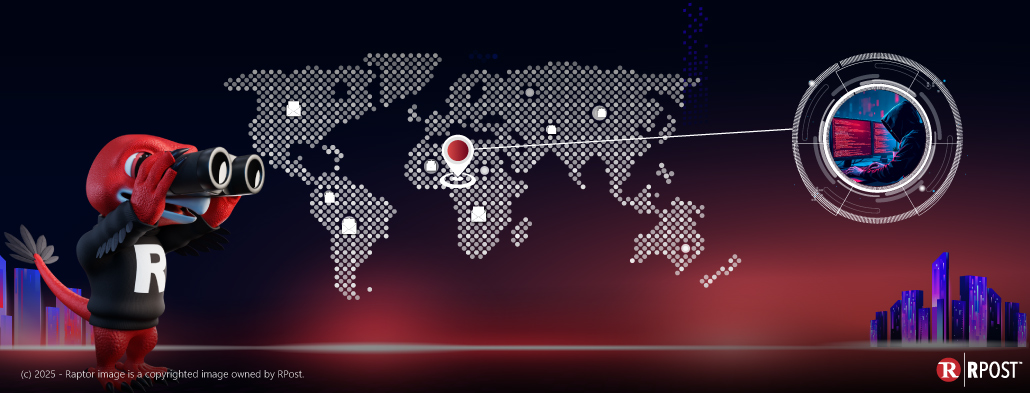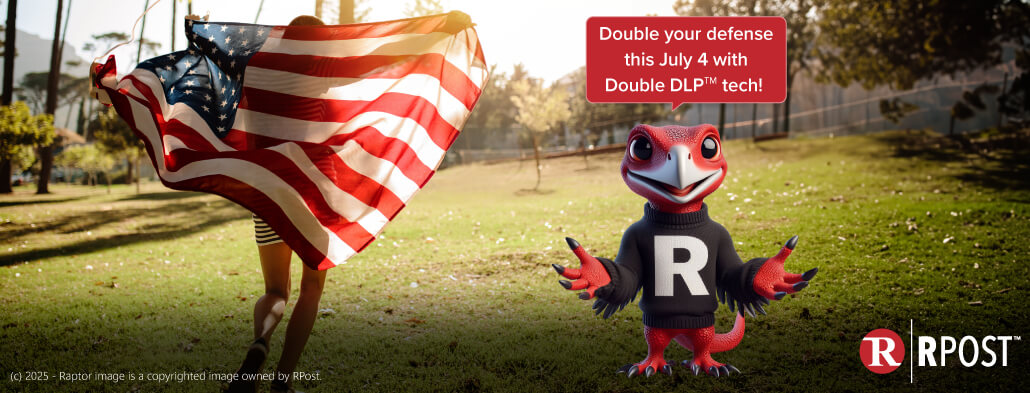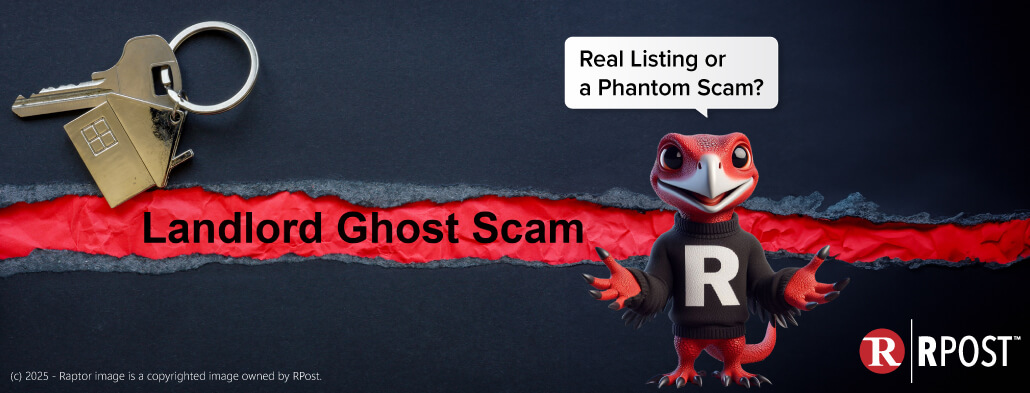
15 or so years ago, ‘the cloud’ was considered the next big thing in business and personal technology. No longer did each machine you used Needed? have files or applications stored on it locally. When you worked on a document in the office, you now didn’t need to email it to yourself so you could work on it from your home PC. If you wanted to do online banking or instant messaging, you no longer had to load the actual applications onto each machine you wanted to use. The possibilities were transformative. Your music could be accessed anywhere from any device. Movies could be rented via download or streaming instead of via using cracked DVDs that skipped, etc.
But like many technological things adopted for mass consumption (not unlike the internet itself), the origins lie much further back in time. Cloud computing was firmly adopted way back in the 1970s by smaller firms that couldn’t afford mainframe computers. In a practice known as ‘timesharing’, businesses would dial into remote computers and send their own data to, and do their analysis on, the managed computers—almost like renting a studio to practice or record music.
As storage costs fell and computing power rose, cloud computing became a mass-market phenomenon, and its novelty now is largely overlooked—kind of like riding the subway or flying on a commercial jet. When novelties wear off, concerns about security grow and become more diffuse. Many of us now are stopping to wonder, ‘jeez, everything about me and everything I have is basically on a machine somewhere in the world and who knows how really safe it is?’
So should you be putting sensitive business and personal information in ‘the cloud’? It’s a cost/benefit analysis. Most name brand cloud systems are as secure as any system out there, and there are obvious financial incentives for keeping cloud security as up-to-date as possible for the service providers. That said, hackers love a good challenge and will tell you that no system is truly secure. When thinking about it this way, maybe having those confidential emails and password info in some remote server isn’t the best idea.
This is very much a personal decision. If I were the CEO of Coke, would I store the secret formula on the cloud? Rumor had it that the secret formula was sitting in a vault in Atlanta, but was that really more secure? Ok then, what about the sock drawer or under the mattress then?
What I can tell you is that, when it comes to sending secure email via RMail, you really don’t have anything to worry about. Most RMail users default to dynamic encryption where the message is first attempted to be sent using secure Transmission Encryption, and if the level of security available is not adequate (minimums set by sender), the transmission dynamically reverts to secondary Message Level Encryption (AES 256-bit encrypted PDF) from the sender’s Outbox to and inside the recipient’s Inbox. There are a variety of settings and password delivery options. This is simply the most secure way to transmit information, and uniquely, RMail email encryption delivers the message and attachments encrypted into the recipient’s inbox – the message is not stored in a cloud waiting for them to collect it – it is not technically stored on any interim cloud unencrypted. And if you send it RMail encrypted with its Disappearing Ink™ option, you can erase more sensitive parts of your email at the recipient after they view those parts.
Know more:
So If I were the CEO of Coke, would I send the secret formula to board members via email? I think you know the answer.

July 18, 2025

July 11, 2025

July 04, 2025

June 27, 2025

June 18, 2025